How to play C Major
Mục Lục
CHORDS / BEGINNER
How to play the C chord on guitar
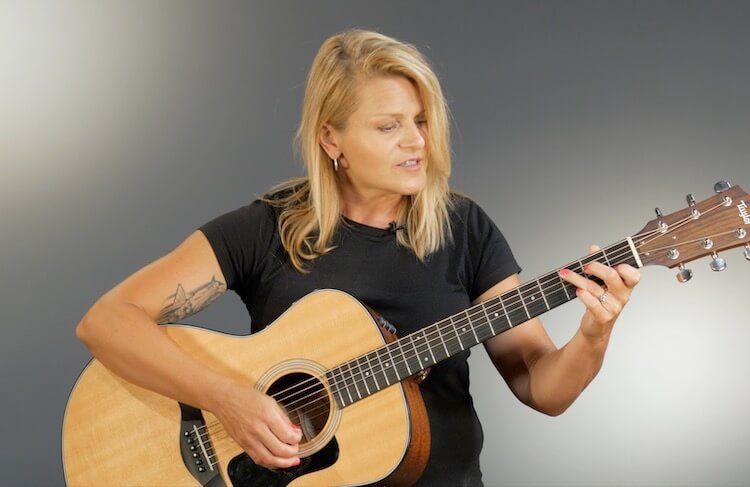
On this page, you’ll learn two ways to play the C chord. First, you’ll learn the most common and important way to play the chord.
Then, we’ll show you an even easier version you can use, even if you’re brand new to the guitar.
The C Major Chord
In this most common version of the C Major chord, we’re going to use three fingers, and strum the top five strings.
Remember: this chord requires that you stretch a little bit more with the third finger. Just make sure that, eventually, you can get that third finger right behind the third fret.
Another thing to keep in mind is that you really need to arch your fingers when playing this chord. Use the very tip of the finger so that we don’t mute an adjacent string, and get a dead, buzzy sound.
Step by Step
OK, let’s work through the chord, one finger at a time:
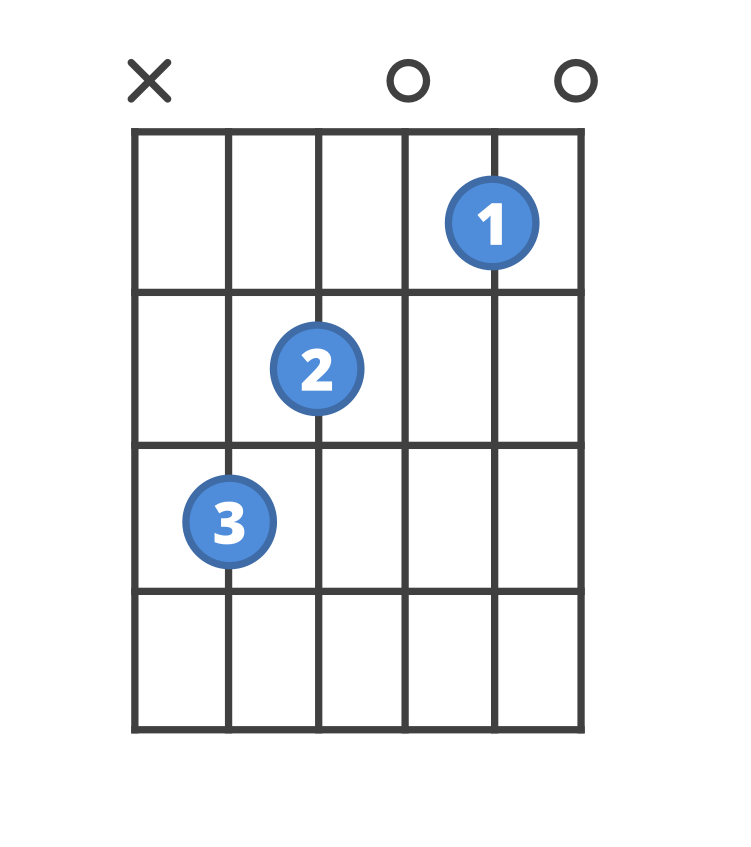
Step One
First, take your first finger on the first fret of the second string. Remember: the order of the strings goes from the thinnest to the thickest.
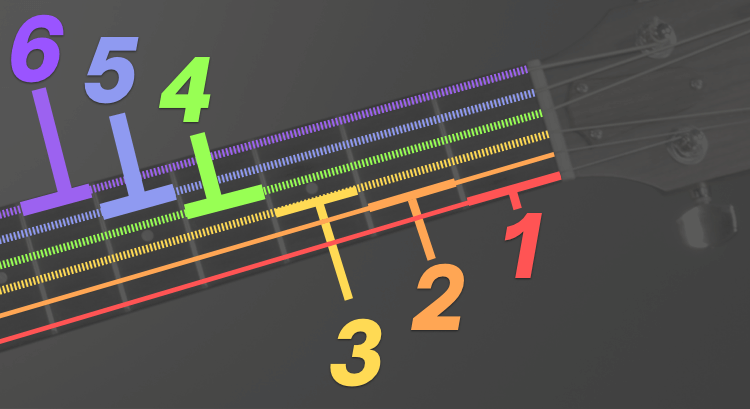
And when we say second fret, we don’t mean on the second fret itself, we mean in the space just behind it, closer to the headstock of the guitar.
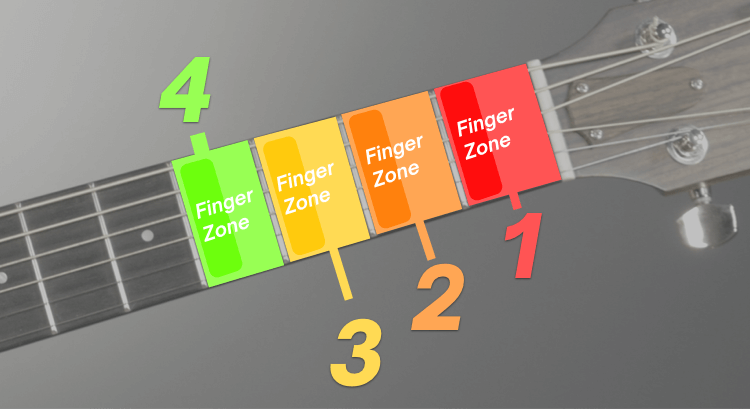
Using the two diagrams above, you’d be putting your first finger on the orange string in that orange finger zone. Like this:
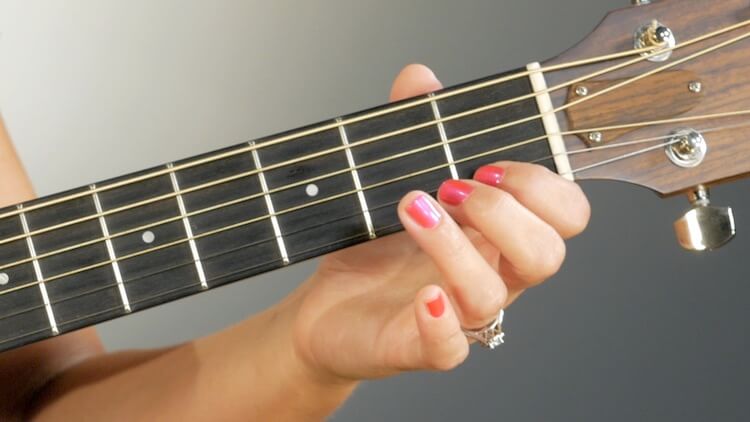
Step Two
Put your second finger on the second fret of the fourth string.
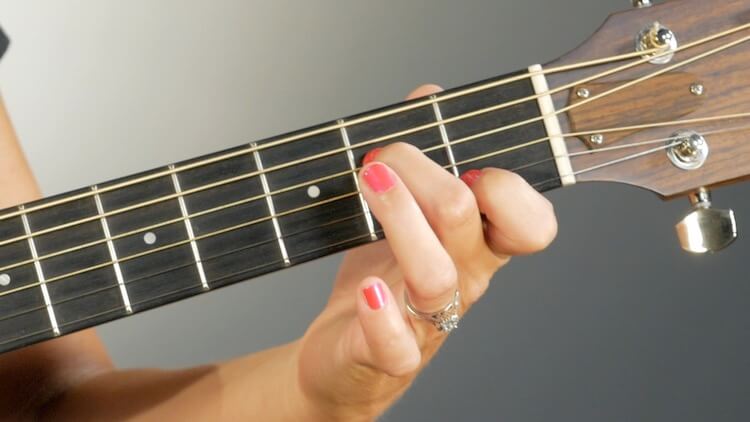
Pause for just a second. Notice anything about that second finger? Anna has her finger curved really nicely, up and over the first three strings, so she’s pushing down on the fourth string with just her finger tip.
This will help her get a nice, clean sound out of her C major chord.
Step Three
Next, put your third finger on the third fret of the fifth string.
This might be a little bit of a stretch, but keep at it.
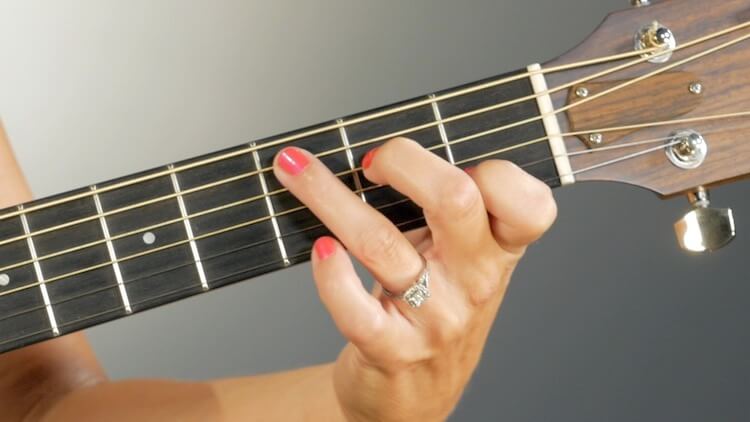
Notice how Anna is stretching up as far into the finger zone as she can reach. Getting closer to the fret will mean she doesn’t have to push down quite so much to stop the string from buzzing.
Step Four
Some chords, you strum all the strings. Some chords you don’t.
For this chord, you’ll only be strumming the thinnest five strings.
Place your pick, or your thumb, on the second thickest string, and strum down to play all the rest. Do not play the thickest string, and you’ll be all set.
The One Finger C Chord
When you’re just getting started, playing chords can feel like doing gymnastics with your fingers. It’s important that you start playing guitar, the very first day you pick it up.
Here’s an easy, one-finger version to help you get started.
It has all the same notes as the more common version, but the sound isn’t quite as rich or as full.
All you need to do is put your first finger on the first fret of your second string, and then strum the thinnest three strings. That’s it!
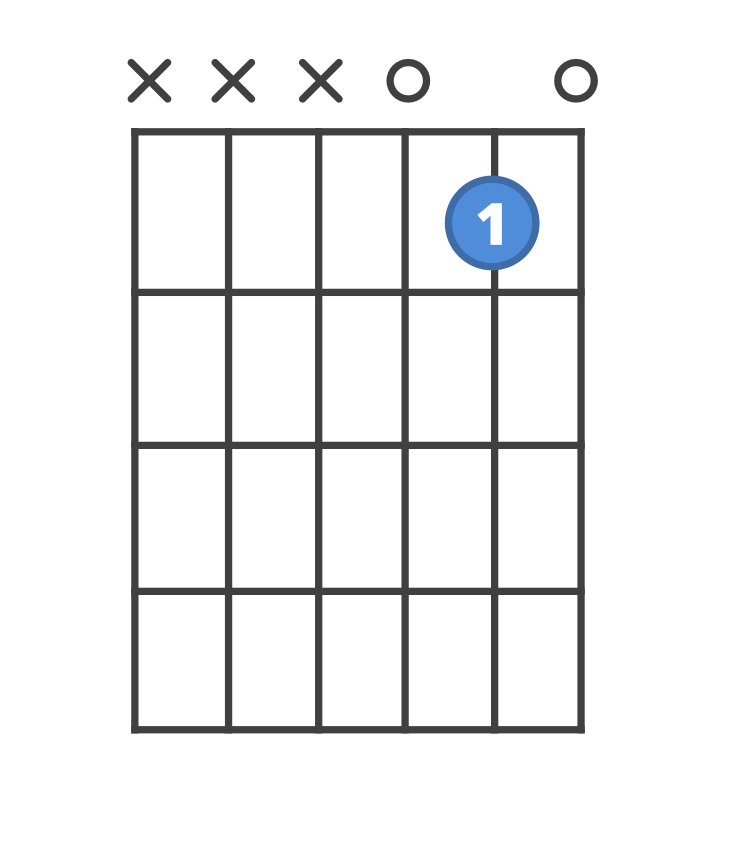
Once you’re comfortable with this version, try learning the more common, fuller sounding version of the C chord.
Chord Coach
Follow along in the ChordBank App’s Chord Coach
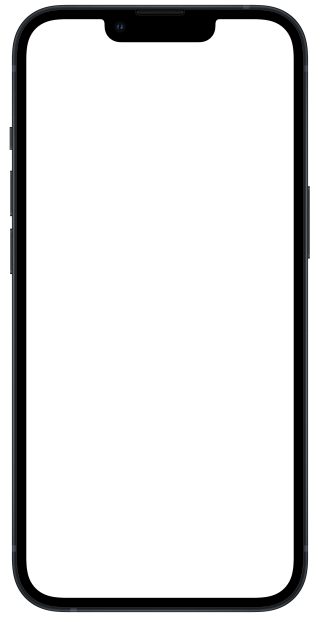
ChordBank will listen on your phone’s microphone as you play, guiding you one string at a time.
Lessons
If you’ve had a hard time getting started, our Chords For Beginners series of lessons can make it easy for you to become a guitar player.
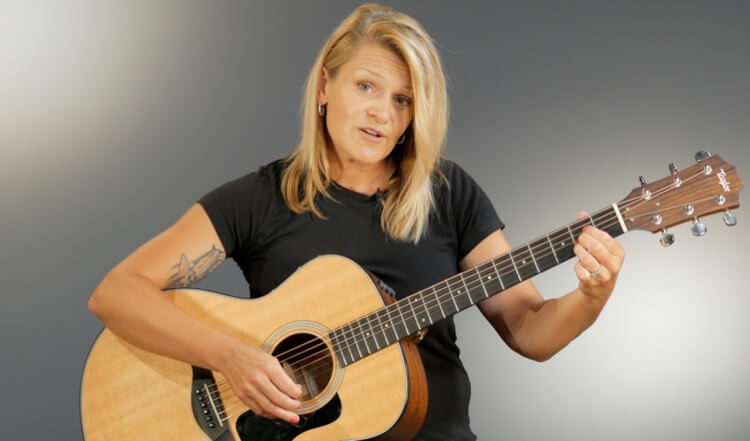
You’ll learn how to reliably tune your guitar (really!), how to play the most important chords, and how to play in rhythm, all in just a few days.
Practice Smarter
Here are some direct links to ChordBank’s practice drills and games for beginners learning the C major chord.
ligthbulb
These links open directly in ChordBank on your iPhone or iPad.
To learn chords, you’ve got to play them, get them stuck in your muscle-memory.
GAMES
Let’s start with some games.


Try playing EmojiHunt or ChordPOP! while taking your fingers on and off the strings. ChordBank will listen to your iPhone’s microphone, and fire darts, or uncover letters as you play.
Smart Flashcards
Learning to change cleanly between chords as you learn is such an important step on your journey from someone who has a guitar, to someone who plays the guitar.
These flashcards will help you do just that.
Same fingers: C to Am
You couldn’t ask for a better chord to practice those changes with than A minor.
C
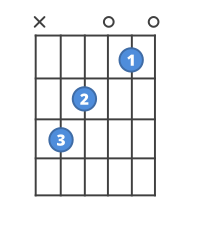
Am
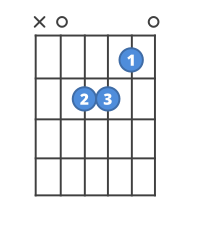
As you can see, these two chords use the same strings, the same three fingers, and they let you keep your first finger in the same spot, so it’s easy to keep your bearings as you move the second and third fingers:
Great together: C, G, and D
Another good place to start is with the D and G chords.
C

G
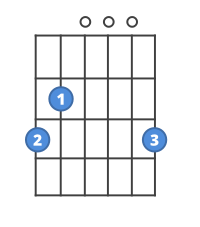
D
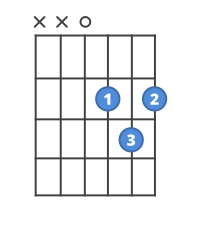
Anna Freitas holds a B.A. from Berklee College of Music and performs throughout New England as a guitarist and vocalist. She continues to teach students, both in-person and online via Skype.
holds a B.A. from Berklee College of Music and performs throughout New England as a guitarist and vocalist. She continues to teach students, both in-person and online via Skype.






